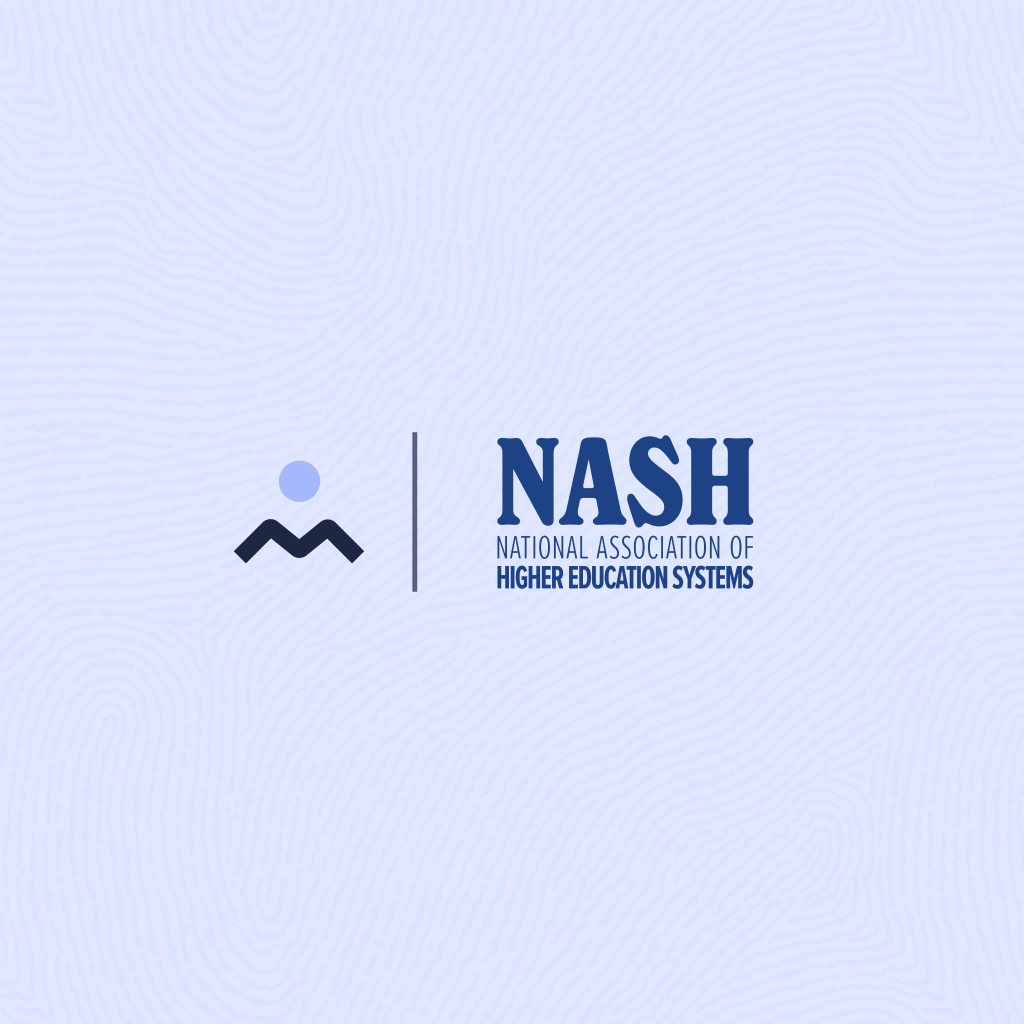“I like being at the intersection of clinical practice, technology, and research,” says Ben Locke, PhD, the Chief Clinical Officer at Togetherall, the leading peer-to-peer community, where he oversees the clinical team across the U.S., New Zealand, UK, and Canada.
Long before joining Togetherall, Dr. Locke worked as a wilderness therapist, as well as in group homes, psychiatric hospitals, and community mental health. He eventually found his way to Penn State, where he spent nearly 20 years holding various roles such as assistant director of research and technology, clinical director, and most recently the senior director of Counseling and Psychological Services (CAPS).
Working alongside an exceptional team at Penn State, and building upon the center’s existing foundation, Dr. Locke had the opportunity to design an ideal system that effectively improved the supply and demand imbalance and addressed students’ rising mental health needs. Part of his approach included partnering with third-party providers, including Mantra Health and You at College, among others.
Wanting to influence the collegiate mental health field at a population level and seeing how valuable and supportive these innovative telehealth services could be, Dr. Locke decided to join Togetherall in 2021 and has recently partnered with Mantra Health to bring more accessible mental health support to students across the country through the Whole Campus Care solution.
Advancing the Field of Collegiate Mental Health Through Collaboration
Many years before the college mental health landscape shifted to include the implementation of telehealth services, Dr. Locke saw a need for more data-driven solutions. He was frustrated with the way people in higher education were talking about mental health. “It was a series of opinions and data drawn from sources that were not the people engaged in mental health treatment and service.”
Understanding that technology and research were just as critical to the conversation as the clinical approach, Dr. Locke helped co-found the Center for Collegiate Mental Health (CCMH) in 2004. The organization, which started as a grassroots collaborative effort has since evolved to become an international Practice-Research-Network of over 750 college and university counseling centers.
Designed to create an infrastructure that generates high-quality data, CCMH brings together the voices and expertise of students, patients, counselors, psychologists, psychiatrists, counseling centers, vendors, and other leaders in the space. Part of why CCMH is able to achieve its desired outcomes, Dr. Locke explains, is because the organization is driven by the needs of the college community rather than the economic interest of those involved.
“The existence of CCMH and all the benefits it offers is 100% dependent on the relevant parties working in collaboration to produce data-driven insights,” says Dr. Locke, who sees the relationship between on-campus counseling centers and telehealth providers working the same way.
Rather than acting as competitors, Dr. Locke believes counseling centers and telehealth providers can work together to fill gaps in services and achieve a much larger, long-term goal of connecting students to more accessible clinical and non-clinical mental health solutions.
Working in Alignment with the Counseling Center
When it comes to student mental health, Dr. Locke says the pendulum has swung from one extreme to another, and his hope is that this will soon balance out. The key, he believes, is to acknowledge the universality of human distress, which comes with feelings of sadness, anxiety, grief, and loss.
“I think we need to fundamentally take a step back and rethink our initial response to distress. In general, a student’s first experience of distress should include connecting them with people and support systems rather than presuming they need professional treatment,” says Dr. Locke.
The current approach of referring nearly every student to individual counseling and escalating levels of professional treatment is no longer tenable for institutions and doesn’t necessarily fulfill students’ pressing needs, says Dr. Locke. “We need a different model that focuses on population-wide support and connecting people with appropriate resources.”
Institutions are already turning to telehealth providers for additional mental health support, but Dr. Locke hopes they will work more closely with third-party vendors to create an interconnected web of support, systems, and options for students, understanding that both the institution and the vendors offer their own unique benefits.
“I have a profound appreciation for the field of counseling psychology,” Dr. Locke says. “I want to enhance the counseling centers’ ability to meet needs,” and it’s through these partnerships that Dr. Locke believes a more cohesive, holistic offering is possible.
Innovating with Technology and 24/7 Clinical Moderation
While some students need intensive treatment, many don’t. Rather than referring students through complex systems of care, why not provide basic in-the-moment support? If a student’s stressed about an exam, for example, they can’t wait three weeks to see a counselor, and that might not even benefit them. Instead, they could turn to a peer who’s going through a similar experience and solve the problem in real time.
This is one of the many reasons why Dr. Locke feels Togetherall and other wellness services can make a significant difference in students’ lives. “Human change unfolds across many weeks and months of interactions, not just during one hour sessions,” he says.
There’s also a significant shortage of providers, putting additional pressure on college counseling centers. Rather than referring every student in distress to counseling, we should be thinking about supporting students across time, considering what they really need and when they need it, explains Dr. Locke.
“Peer support, with its versatility and accessibility, can play a crucial role in creating a scalable model of mental health support,” says Dr. Locke.
Togetherall combines technology with clinical rigor to provide support to students that’s responsible, safe, and effective. Within the platform, Togetherall maintains 24/7 clinical moderation using licensed mental health professionals. In addition, the company trains students to become peer supporters – and part of the 10-week comprehensive training program includes hands-on practical experience and clinical supervision.
By training peers and exploring new provider categories, Dr. Locke aims to create a new framework for effectively meeting the diverse needs of individuals seeking mental health support. To maximize and support existing clinical services, which are essential, Dr. Locke hopes institutions will consider adding in additional services like peer-to-peer support, crisis support, and wellness content, which can fill in gaps on the care continuum and support students on various stages of the mental health journey.
–
To learn more about our partnership with Togetherall, please connect with us here.

How University Systems Can Utilize a Public Health Framework to Build a Sustainable Mental Health Ecosystem

Mantra Health Launches Beacon, the Persistence Intelligence Platform for Higher Education

Mantra Health Expands Leadership Team to Support Organizational Growth and Clinical Excellence Across Psychiatry and Care Delivery

